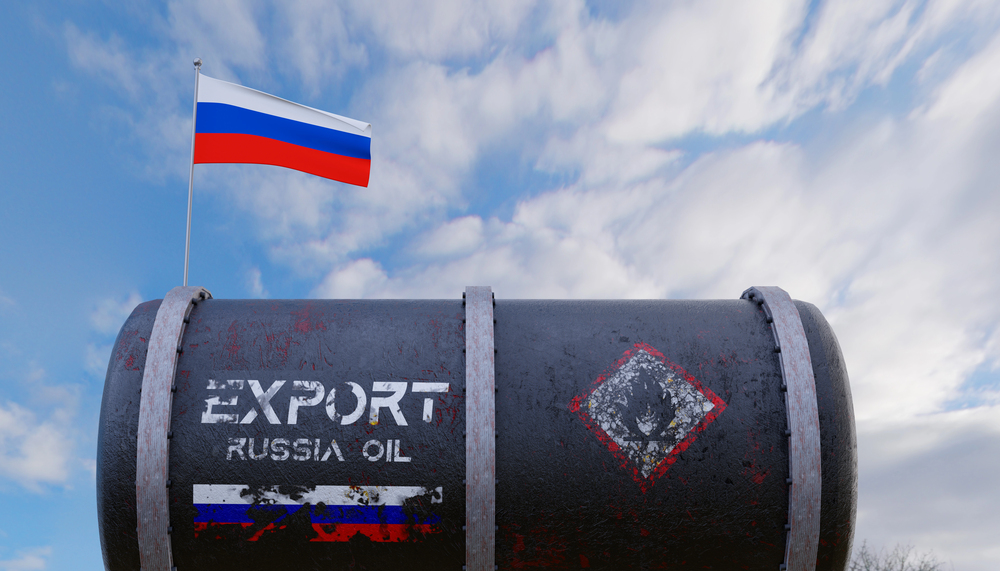The European Union shelved proposals to lower the price cap on Russian oil exports from $60 to $45 per barrel, citing concerns that escalating conflict between Israel and Iran could drive up global oil prices and undermine the effectiveness of the sanctions mechanism.
Two diplomats confirmed to POLITICO that the plan, originally scheduled for discussion among EU foreign ministers on Monday in Brussels, is no longer viable given current market volatility.
“The idea of lowering the price cap is probably not going to fly because of the international situation in the Middle East and the volatility,” one diplomat told POLITICO.
At the recent G7 summit in Canada, member countries reached consensus on postponing the decision. “At the G7 meeting this week, it was agreed by all the countries they would prefer not to take the decision right now,” the diplomat explained, noting that while oil prices were previously close to the current cap, recent fluctuations have made timing problematic.
European Commission President Ursula von der Leyen acknowledged the complexity of the situation at the G7 summit, stating that existing measures “had little effect” previously. However, she noted that with recent oil price increases, “the cap in place does serve its function,” indicating there is currently “little pressure on lowering the oil price cap.”
US blocked efforts to lower price cap on Russian oil
The current price ceiling mechanism was established by G7 countries in December 2022, setting the maximum price for Russian crude oil at $60 per barrel. Ukrainian President Volodymyr Zelenskyy criticized this initial limit as “weak,” arguing that such pricing remained “quite comfortable for the terrorist state’s budget.”
The sanctions framework was expanded in February 2023 to include petroleum products, with caps set at $100 per barrel for premium products like diesel fuel and $45 per barrel for discounted products such as fuel oil. These price ceilings have remained unchanged since their introduction.
In January 2025, Nordic and Baltic countries—Sweden, Denmark, Finland, Latvia, Lithuania, and Estonia—called on the European Commission to further reduce the Russian oil price cap, highlighting the need for more aggressive economic pressure on Moscow.
Earlier, Reuters reported that most G7 countries had been prepared to independently lower the price ceiling on Russian oil, even if US President Donald Trump opposed the measure. However, the current geopolitical volatility has shifted calculations.
Read also
-
Bloomberg: US blocks EU and UK push to cut Russian oil price cap to $45
-
G7 warns Russia of oil price caps and new sanctions if ceasefire talks fail
-
US senators roll into Kyiv with a plan to make Russian oil 500% more expensive
-
UK to sanction 100 Russian oil tankers in biggest ever shadow fleet crackdown




